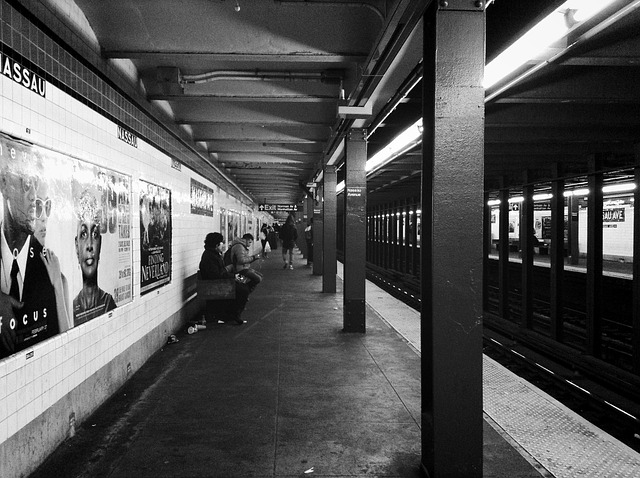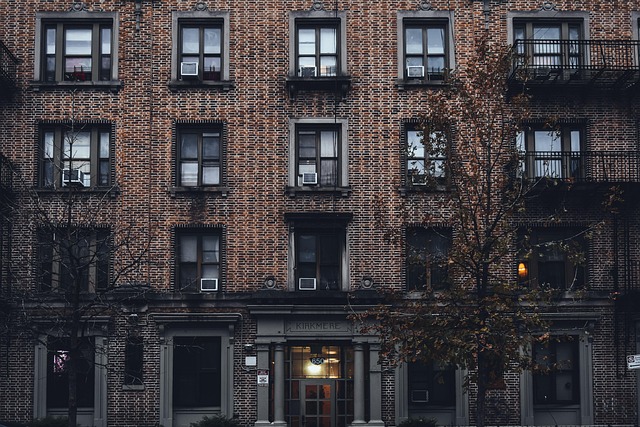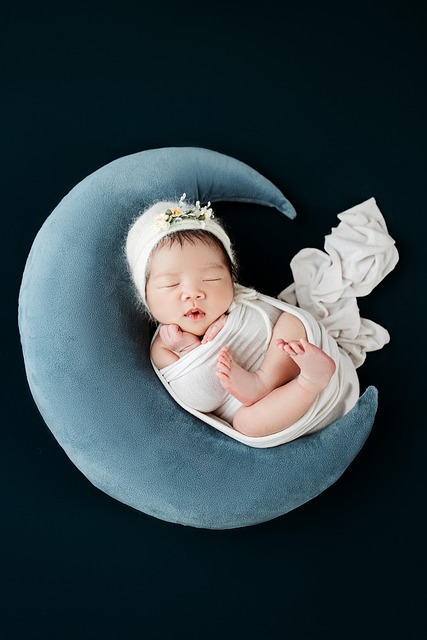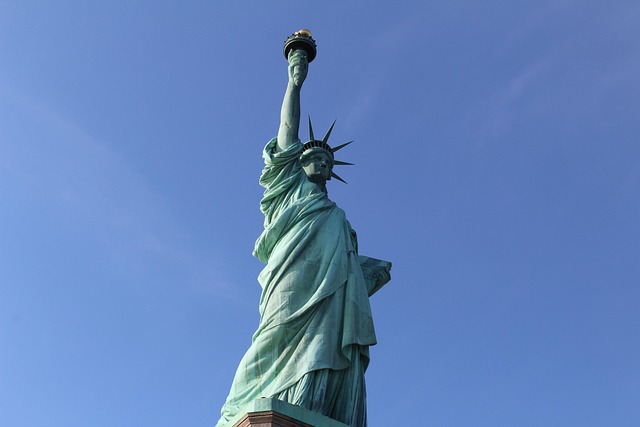Addressing jury bias in NY child abuse cases is crucial due to their sensitive nature. Lawyers and judges must recognize stereotypes that affect decisions, with a focus on empathy for children while maintaining impartiality. Effective questioning techniques during voir dire in Manhattan courts are vital for selecting fair-minded jurors who can objectively evaluate complex evidence based on unique case circumstances. Building an impartial jury ensures justice in sensitive cases like child abuse trials, reflecting NY City's demographics and mitigating biases.
In New York (NY), jury selection in child abuse cases is a delicate process. This article explores key strategies employed by Manhattan courts to ensure fair trials. We delve into the intricate dynamics of jury bias, offering insights from legal experts in the NY perspective. Discover effective questioning techniques for thorough juror screening and learn how to build an impartial jury. These strategies are vital for navigating complex child abuse cases, ensuring justice within the NYC judicial system.
Understanding Jury Bias in Child Abuse Trials: NY Perspective

In New York (NY), understanding jury bias is paramount in child abuse cases due to the sensitive nature of the subject matter. Jurors may bring pre-conceived notions or stereotypes about child abuse, which can unconsciously influence their decisions. For instance, some jurors might assume that all children from certain backgrounds are more likely to fabricate abuse claims, or they may underestimate the potential for parental denial or displacement aggression. Recognizing these biases is crucial, as it allows lawyers and judges in NY courts to strategically select juries that can set aside such preconceptions.
The goal is to assemble a jury that will approach each case with an open mind, focusing on the evidence presented rather than external stereotypes. Legal professionals in NY have found that striking a balance between selecting jurors with empathy for children’s issues and ensuring impartiality is key. This often involves thorough questioning during voir dire to uncover potential biases, allowing lawyers to challenge for cause or use peremptory challenges to exclude biased prospective jurors.
Effective Questioning Techniques for Juror Screening

Effective questioning techniques are key during juror screening in child abuse cases, especially in the Manhattan court system. Attorneys should focus on open-ended questions that encourage detailed responses from potential jurors. This allows for a deeper understanding of their perspectives and biases regarding sensitive topics like child welfare and sexual assault. For instance, asking about past experiences or personal connections to child protection agencies can reveal hidden prejudices or preconceived notions.
In the NY courts, it’s crucial to probe beyond simple yes or no answers. Questions should be designed to uncover specific instances where jurors demonstrated empathy, patience, or a commitment to protecting vulnerable individuals. This strategic screening ensures that the final jury panel is capable of objectively evaluating complex evidence and reaching fair verdicts based on the unique circumstances of each case.
Building an Impartial Jury: Strategies from Manhattan Courts

Building an impartial jury is a critical aspect of ensuring justice in any case, particularly in sensitive matters such as child abuse trials. Manhattan courts have developed effective strategies to achieve this goal, focusing on careful selection processes. One key approach is to ensure a diverse pool of potential jurors, reflecting the demographic makeup of New York City. This diversity helps to mitigate biases and allows for a broader range of perspectives during deliberation.
Judges in Manhattan also employ thorough questioning techniques during voir dire, delving into potential prejudices or preconceptions that might influence the jury’s decision-making. They may ask about specific experiences, knowledge of similar cases, or views on child welfare to uncover any biases. By doing so, the courts aim to seat jurors who can set aside personal beliefs and render a fair verdict based solely on the evidence presented in the NY court.






